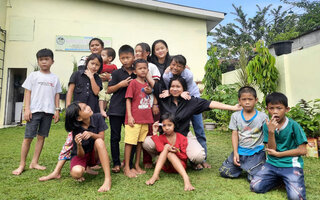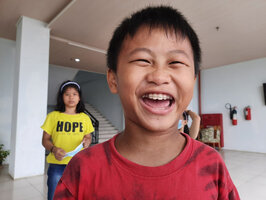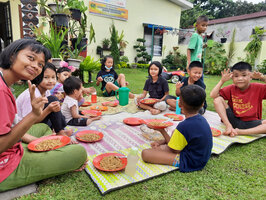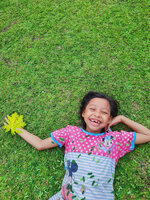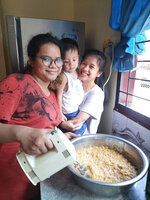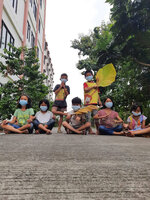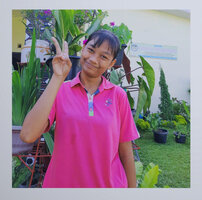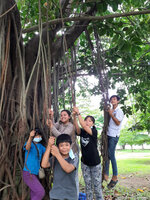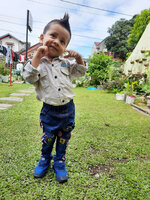Voluntary commitment of our employees
Self-initiative and willingness to help are values that characterize Konvekta AG, but we also want to support and promote them outside the company.
That is why we also support projects for which our employees are committed. Many of our employees have been volunteering in their spare time for a long time. For example, they support sports clubs, help people in need, volunteer as disaster relief workers and firefighters, or take part in charity runs where the proceeds are donated to charitable causes.
We are very proud of this commitment, in which employees donate their time and skills. That's why we support projects that our employees are committed to.
The support ranges from financial donations and donations in kind or materials to the sharing of expertise.
Konvekta-C.H. Schmitt Foundation
The Konvekta-C.H. Schmitt Foundation has set itself the task of preserving knowledge of the traditions and cultural identity of the Schwalm out of a sense of responsibility for this region. In addition to its own projects, the foundation supports homeland projects of organizations and associations that contribute to the preservation of the region. For example, the Schwalm Museum of Local History, the Schwalm Village Museum Holzburg, the Kultursommer Nordhessen or children's projects of the German Environmental Protection Agency.
Out of love for people and nature, the foundation also supports and promotes social projects:
The "blooming landscapes" - our blooming areas
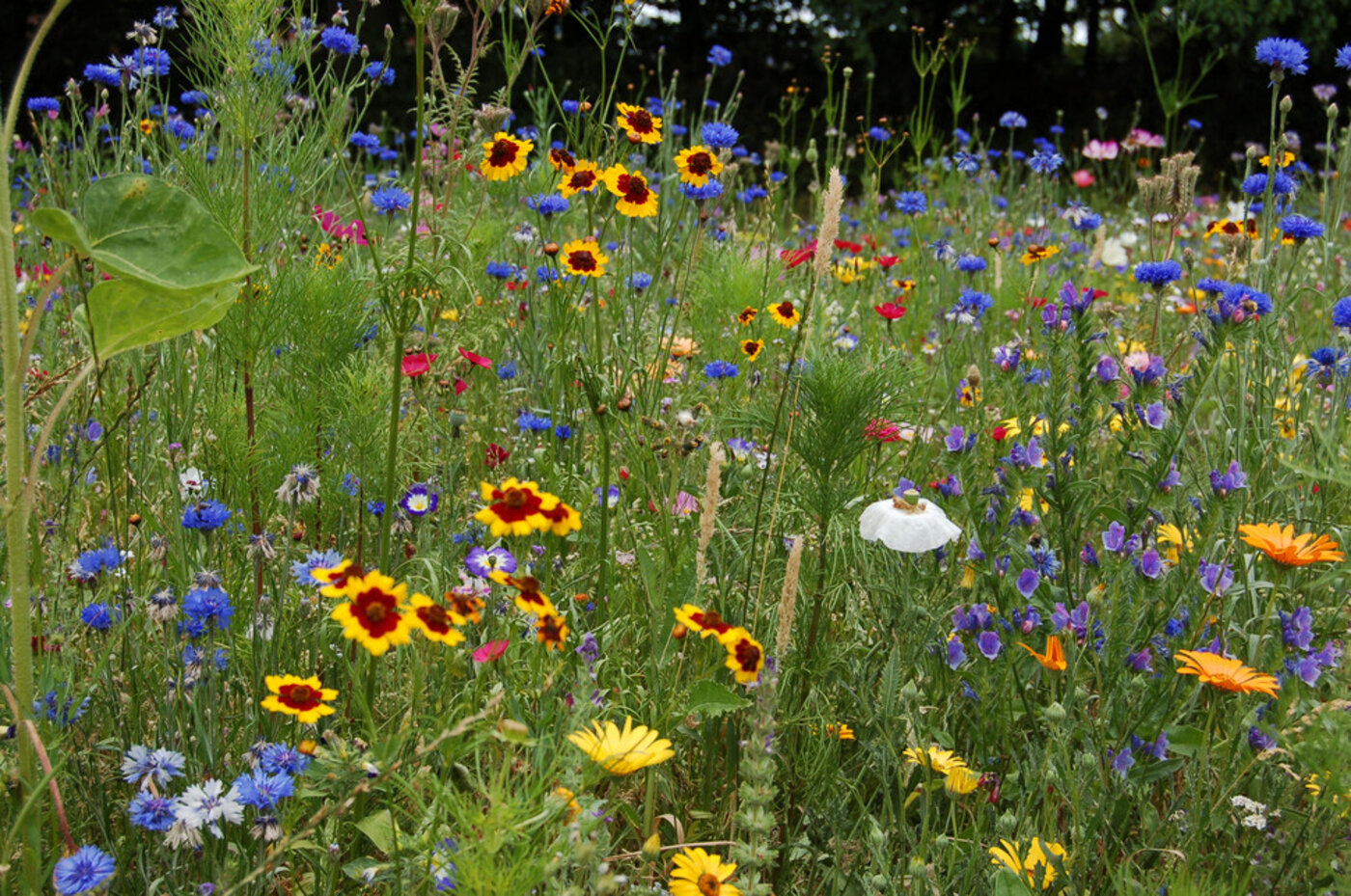
Since spring 2018, the Konvekta-C.H. Schmitt Foundation has converted more than 30,000 m2 of former lawns and arable land into flower meadows in order to regionally contain the decline of insects and bees. These flowering areas are consistently managed ecologically and are intended to serve as a source of food for insects, thus improving their living conditions and attracting further wild beneficiaries.
The Konvekta-C.H. Schmitt Foundation plans a substantial expansion of further areas as
permanent flowering areas, as well as the planting of protective hedges for songbirds, ground breeders, hedgehogs and other wild and forest animals.
„It is important to me that I can make a contribution to the preservation of biodiversity in this way“
confirms the founder of the foundation Carl H. Schmitt.
For more information visit the page
Further information worth knowing about the flower meadow can be found on the following website: http://www.naturtipps.com/
The children's house
Social commitment of the KONVEKTA-C.H. Schmitt Foundation
The foundation's largest project is a children's home for orphans in Medan, Sumatra. It was opened in 2005 and was initially designed as an orphanage for fourteen children aged between seven and eighteen years.
Most of the children who were originally cared for by the foundation are now in employment and have left the children's home. To continue the Konvekta Children's House, the foundation has taken in children with handicaps, children rejected by their families and physically and/or mentally handicapped children.
Some of the newly admitted children were abandoned on the street - the youngest child was less than one year old. In Indonesia, such children are considered worthless. The children are lovingly cared for in our children's house, which is encouraged and recognized by the city government.
The children's house is now mainly financed by Konvekta. In addition to the running costs for the care of the children and young people, the school fees are also paid by the foundation
Language promotion in kindergarten
The Konvekta-C.H. Schmitt -Stiftung has started a pilot project with a kindergarten in Bad Hersfeld and has employed a part-time primary school teacher for this purpose. Through two additional volunteers the group receives additional support two days a week.
Children with a migration background must always be met with different learning methods. Due to a lack of German language skills, these children unfortunately do not succeed in grasping the classic learning material of the first years of primary school.
However, speaking and singing together in kindergartens and preschools can lead to much better progress in learning the German language, which in turn opens up better prospects for these children.


